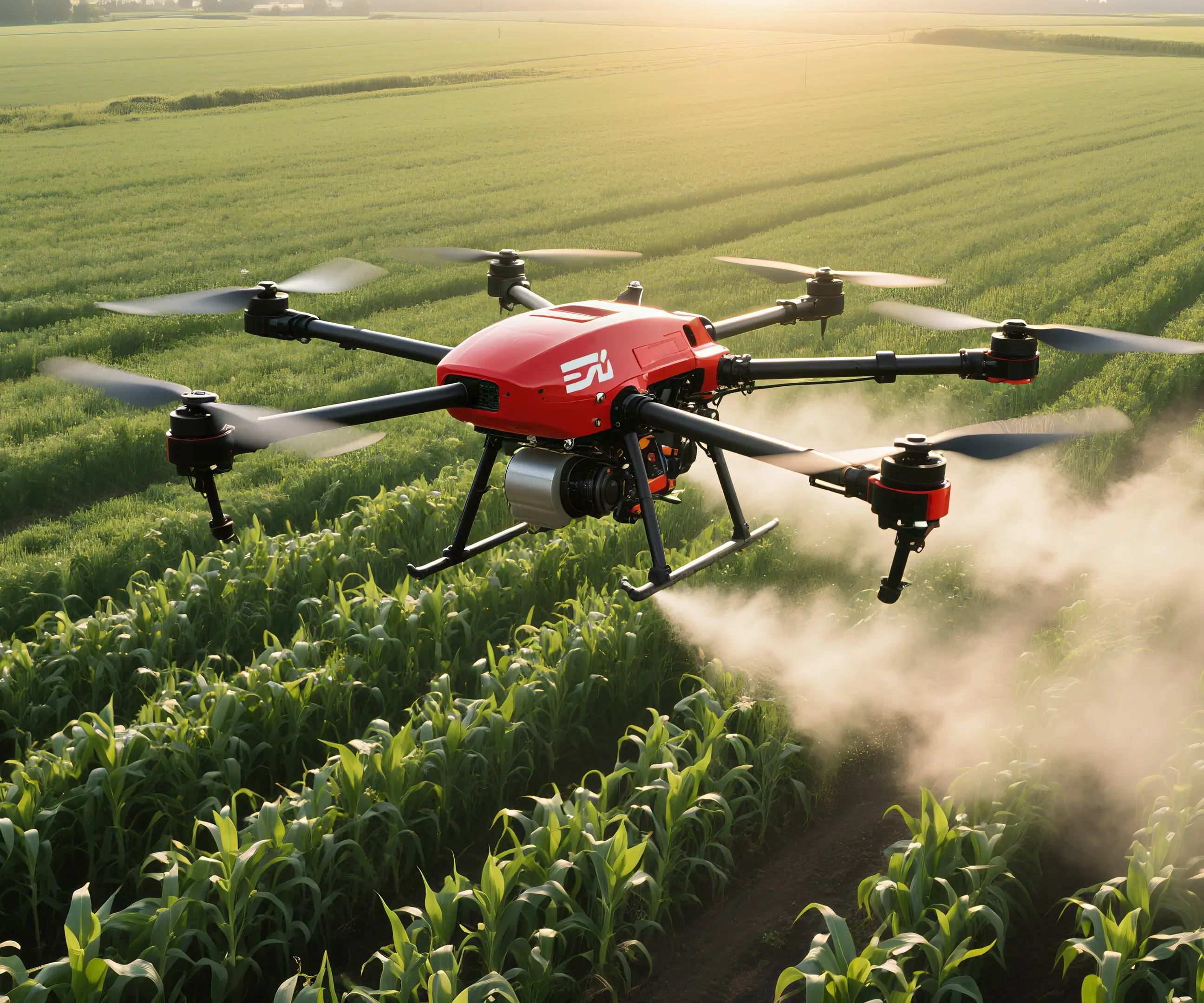Servo motors are the unsung heroes in many of today’s automated systems. Whether it’s the precise control of an industrial robot arm or the smooth motion of a drone, the servo motor plays a vital role. But have you ever wondered exactly how these compact powerhouses work? Let's dive into the servo motor’s inner workings and why it’s the go-to choice for applications that demand accuracy and reliability.

What is a Servo Motor?
At its core, a servo motor is a specialized type of motor that is designed for precision movement. Unlike regular motors, which continuously spin, a servo motor can be controlled to rotate to a specific angle. This makes it perfect for tasks that require accuracy, such as in robotics or even some consumer electronics.
How Does It Work?
The key to understanding servo motors lies in their feedback system. The motor consists of three main components: the motor itself, a feedback device (usually an encoder or potentiometer), and a controller. Together, these elements form a closed-loop system that allows the servo motor to adjust its position based on commands.
Motor: This is where the movement happens. Servo motors usually run on DC or AC current, depending on the application.
Feedback Device: It measures the current position of the motor shaft and sends this information back to the controller. It’s like the eyes of the motor, constantly checking its position.
Controller: The brain of the system. It processes the information from the feedback device and adjusts the motor’s movement accordingly. If the motor is off-target, the controller makes adjustments to bring it back into alignment.
This closed-loop system is what sets servo motors apart from simple motors. It's constantly working to ensure that the motor reaches and stays at its target position, offering superior precision.
Why Choose a Servo Motor?
You might be asking yourself, "Why not just use a regular motor?" The answer comes down to control and accuracy. A regular motor may spin continuously, but if you need a motor that stops at a precise angle, you need the precision of a servo motor. Imagine you’re building a robotic arm that picks up small objects. Every movement needs to be exact. A servo motor ensures that the arm moves exactly where it needs to go every time.
Servo motors also offer higher torque in a smaller package compared to regular motors. This makes them ideal for space-sensitive applications. Whether it’s in drones, cameras, or even medical equipment, the compact yet powerful nature of the servo motor makes it indispensable.
Real-World Applications
Take a moment to think about all the devices you interact with daily. If you’ve ever used a drone, a robotic vacuum, or even a model car, chances are there’s a servo motor under the hood, so to speak. These devices rely on servo motors for precise, controlled movements. The same applies to industrial machines, where servo motors ensure that large-scale operations run smoothly and efficiently. Even the small servo motors found in hobby-grade RC cars work based on the same principles.
Final Thoughts
Understanding how a servo motor works and why it's so essential can open up a world of possibilities in automation, robotics, and beyond. The precision, reliability, and compact design of these motors make them an invaluable tool for any system that requires controlled motion. Whether you’re building complex machinery or simple models, choosing the right motor is key, and when accuracy is paramount, servo motors are the obvious choice.
If you're looking to upgrade your systems with top-quality servo motors, consider reaching out to a provider who can help you choose the right type for your needs. The right motor makes all the difference!
Established in 2005, Kpower has been dedicated to a professional compact motion unit manufacturer, headquartered in Dongguan, Guangdong Province, China. Leveraging innovations in modular drive technology, Kpower integrates high-performance motors, precision reducers, and multi-protocol control systems to provide efficient and customized smart drive system solutions. Kpower has delivered professional drive system solutions to over 500 enterprise clients globally with products covering various fields such as Smart Home Systems, Automatic Electronics, Robotics, Precision Agriculture, Drones, and Industrial Automation.




































